To provide the best experiences, we use technologies like cookies to store and/or access device information. Consenting to these technologies will allow us to process data such as browsing behaviour or unique IDs on this site. Not consenting or withdrawing consent, may adversely affect certain features and functions.
The technical storage or access is strictly necessary for the legitimate purpose of enabling the use of a specific service explicitly requested by the subscriber or user, or for the sole purpose of carrying out the transmission of a communication over an electronic communications network.
The technical storage or access is necessary for the legitimate purpose of storing preferences that are not requested by the subscriber or user.
The technical storage or access that is used exclusively for statistical purposes.
The technical storage or access that is used exclusively for anonymous statistical purposes. Without a subpoena, voluntary compliance on the part of your Internet Service Provider, or additional records from a third party, information stored or retrieved for this purpose alone cannot usually be used to identify you.
The technical storage or access is required to create user profiles to send advertising, or to track the user on a website or across several websites for similar marketing purposes.
 The latest edition of the Women in the Workplace survey from the U.S. Green Building Council (USGBC) claims working women across the green building industry are facing historic challenges in the wake of the COVID-19 crisis. Of nearly 500 women surveyed, 86 percent are feeling supported by employers, yet nearly 90 percent note they are still facing challenges when it comes to financial, familial and professional responsibilities. (more…)
The latest edition of the Women in the Workplace survey from the U.S. Green Building Council (USGBC) claims working women across the green building industry are facing historic challenges in the wake of the COVID-19 crisis. Of nearly 500 women surveyed, 86 percent are feeling supported by employers, yet nearly 90 percent note they are still facing challenges when it comes to financial, familial and professional responsibilities. (more…)





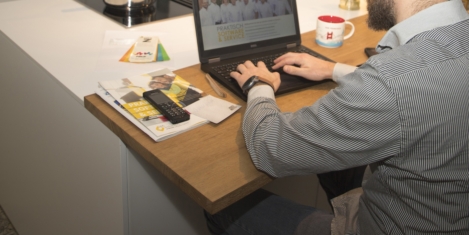
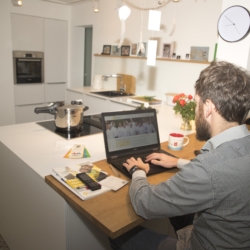 To mark the start of National Work Life Week, work-life balance charity
To mark the start of National Work Life Week, work-life balance charity 
 There are some good things about working in an office. Constant supplies of tea and coffee (if you’re lucky), gossip with your co-workers, and paper clips in every colour. But one of the best things has to be that when something goes wrong with your computer, the in-house IT helpdesk will have it sorted out quicker than you can say ‘so which buttons do you want me to press?!’ However, home workers don’t have this luxury.
There are some good things about working in an office. Constant supplies of tea and coffee (if you’re lucky), gossip with your co-workers, and paper clips in every colour. But one of the best things has to be that when something goes wrong with your computer, the in-house IT helpdesk will have it sorted out quicker than you can say ‘so which buttons do you want me to press?!’ However, home workers don’t have this luxury. 
 New independent polling commissioned by the
New independent polling commissioned by the 

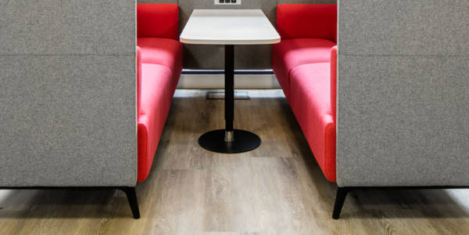
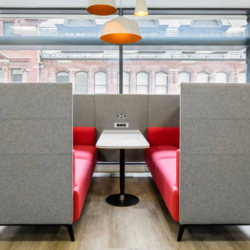

 Under-35s are in the midst of a professional confidence crisis, with work seen as a place where they feel isolated and afraid to speak out, claims research carried out by culture change business
Under-35s are in the midst of a professional confidence crisis, with work seen as a place where they feel isolated and afraid to speak out, claims research carried out by culture change business 

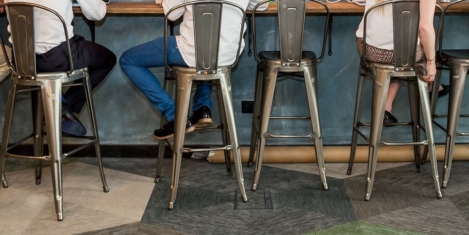



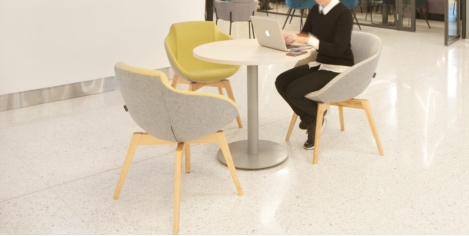
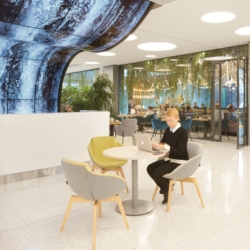








October 8, 2020
The workplace has reached an inflection point as it adjusts to new realities
by Robin Davies • Comment, Facilities management, Technology, Workplace design